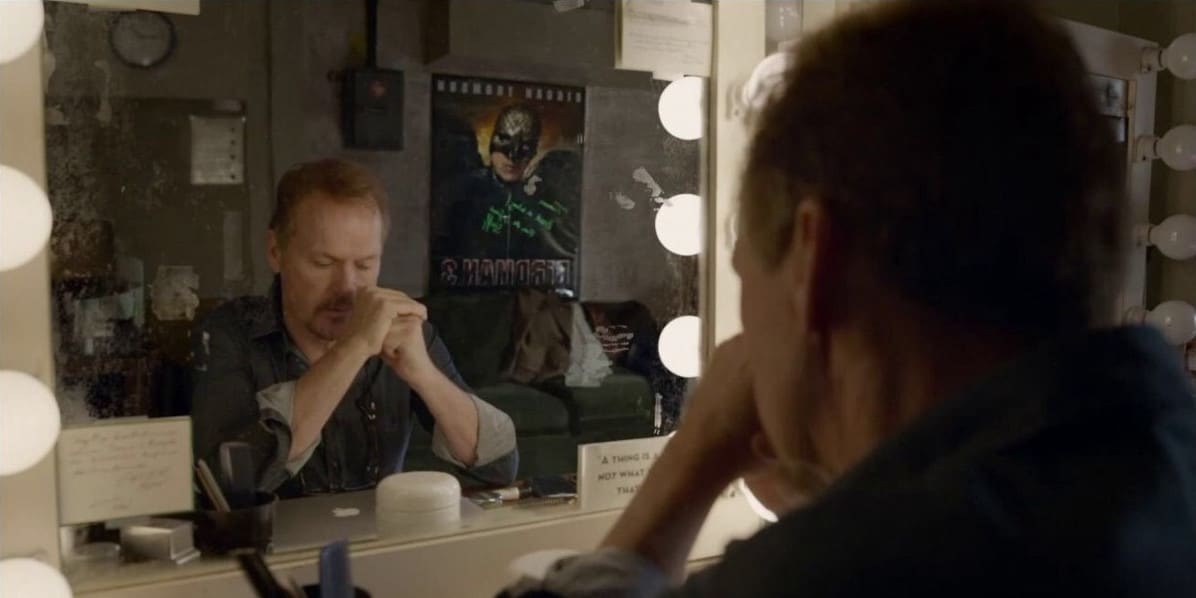
Healing Cinema: Birdman or (The Unexpected Virtue of Ignorance)
Podcast: Play in new window | Download (31.1MB)
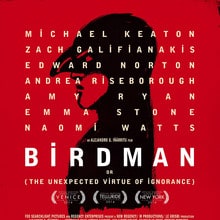
Jungian Analysts Judith Cooper and Daniel Ross discuss Alejandro G. Iñárritu‘s 2014 film Birdman or (The Unexpected Virtue of Ignorance). They touch on:
- Innocence and inflation
- Alchemy
- Mark Sabans’ Two Souls Alas: Carl Jung’s Two Personalities and the Making of Analytical Psychology (Listen to our interview with Mark Saban)
- Love
- Humiliation
- The Trickster
- Men’s relationship to dependency
- Sylvia Perea’s The Scapegoat Complex
- Individuation needs and the “unlived life”
- Fantasy and imagination

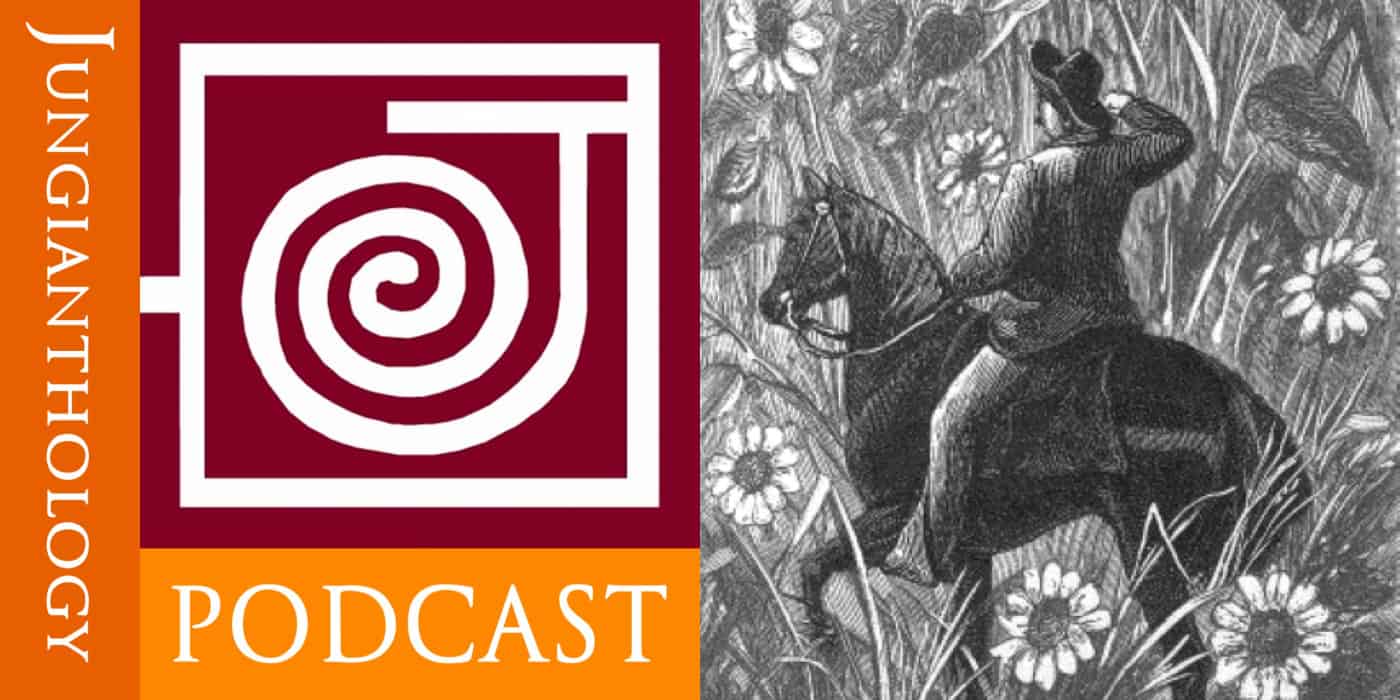
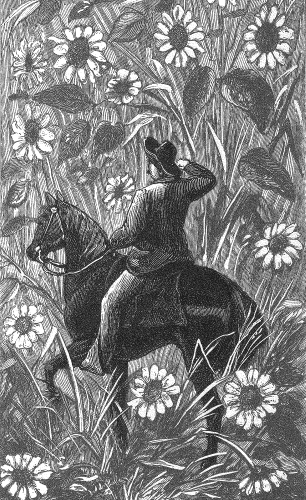
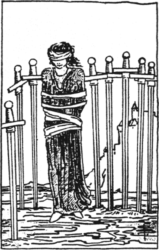 with Brenda Donahue, RN, LCSW
with Brenda Donahue, RN, LCSW
